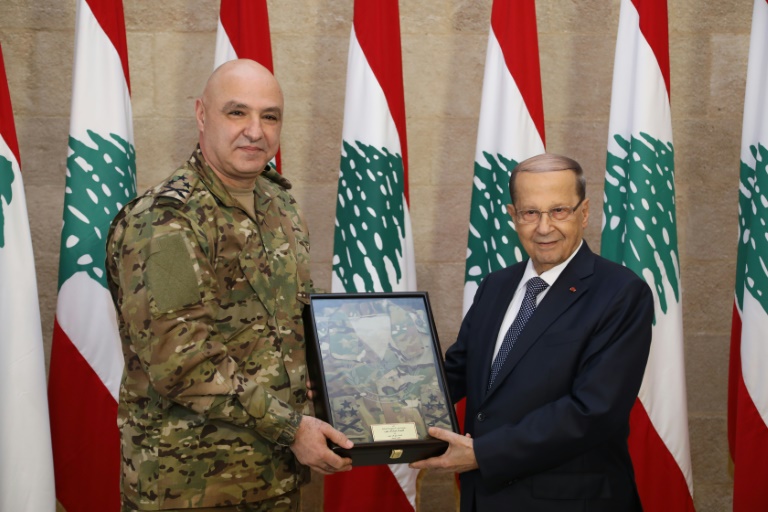
Mr Alcide Djedje (right), Minister Delegate in charge of African Integration, Cote d’Ivoire; Mr Kwame Asuah Takyi (3rd from left), Comptroller-General of the Ghana Immigration Service; Mrs Adelaide Anno-Kumi (2nd from left), Chief Director of the Ministry of the Interior, and other delegates interacting after the ceremony. Picture: EDNA SALVO-KOTEY
Ghana, Togo, Burkina Faso and Cote d’Ivoire have agreed to collaborate in the management of their shared borders.
The effective border management is, among others, intended to ensure the appropriate management of migration.
The agreement was reached at the end of a two-day maiden regional conference on international cooperation on border management and security organised by the International Centre for Migration Policy Development (ICMPD), with support from the European Union (EU) and the Economic Community of West African States (ECOWAS).
The conference brought together high-level representatives, including ministers, ambassadors and technical security experts and officials of border management agencies from Ghana, Cote d’Ivoire, Burkina Faso and Togo to discuss issues related to security in the cross-border areas of Ghana with Burkina Faso, Côte d’Ivoire and Togo.
They were joined by delegations from the EU and ECOWAS to identify policy solutions for international cooperation in border management and their means of implementation to share inspiring approaches, strategies and policies related to border management and security.
Border management
The agreement was made known in a communique read by the Chief Director of Ghana’s Ministry of the Interior, Mrs Adelaide Annor-Kumi, at the end of the conference.
For effective border managements, the participants agreed to develop appropriate immigration policies and legislation to develop administrative structures and operational systems and the human resource base necessary to respond effectively to diverse migration challenges.
They also proposed the establishment of a technical working group, a joint security committee and joint operations.
They said the recent occurrence of terrorism in the sub-region had heightened security concerns, prompting the need for the countries to come up with policies to protect their borders.
They identified challenges faced by their respective countries in managing their borders as the porous nature of their borders, the lack of clearly demarcated borders around some locations, organised crime, low operational capacity at the borders, among others.
To address those challenges, they recommended the harmonisation of policies with neighbouring countries and the adoption of a multi-stakeholder approach of involving star actors, residents of border communities and civil society in the management of risks on the ground.
They also asserted that building trust with the border community was key to obtaining intelligence.
Strategy
They praised Ghana for developing a National Security Strategy document, which is a guiding policy instrument that provides the overarching framework for border security in Ghana and endorses an integrated border management approach.
Ghana was also praised for developing institutional documents in the area of border management, such as the draft National Border Security Strategy, and setting up the National Border Technical Working Group, the National Border Fusion Centre and the Border Security Committee at the national, regional and local levels to tackle border security concerns.
Burkina Faso’s Minister of Foreign Affairs, Cooperation of African Integration and Burkinabe in the Diaspora, Madame Merindol Clarisse, urged the yet-to-be-set-up consultative group to be committed and ensure it secured the borders of the participating countries.
Maritime security
Cote d’Ivoire’s Minister of Foreign Affairs, African Integration and the Diaspora, Monsieur Djedje Ilahiri Alcide, said Ghana, as the Chair of ECOWAS and host of the AfCFTA Secretariat, was key in the West African region.
He said based on the increasing security challenges faced by the various countries and the sub-region as a whole, there was the need to strengthen security at the various borders.
He used the opportunity to advocate measures to ensure maritime security around the Gulf of Guinea.
He proposed that the measures adopted to curb piracy in the Gulf of India should be employed to curb piracy in the Gulf of Guinea.
The Secretary General of the Ministry of Security of Togo, Monsieur Sou Edgard Sie, who represented Togo’s Minister of Security, commended Ghana for hosting the conference and the various partners for supporting it.
Effective border management, he said, would have a positive impact on the economies and the development of the respective countries.




















Discussion about this post